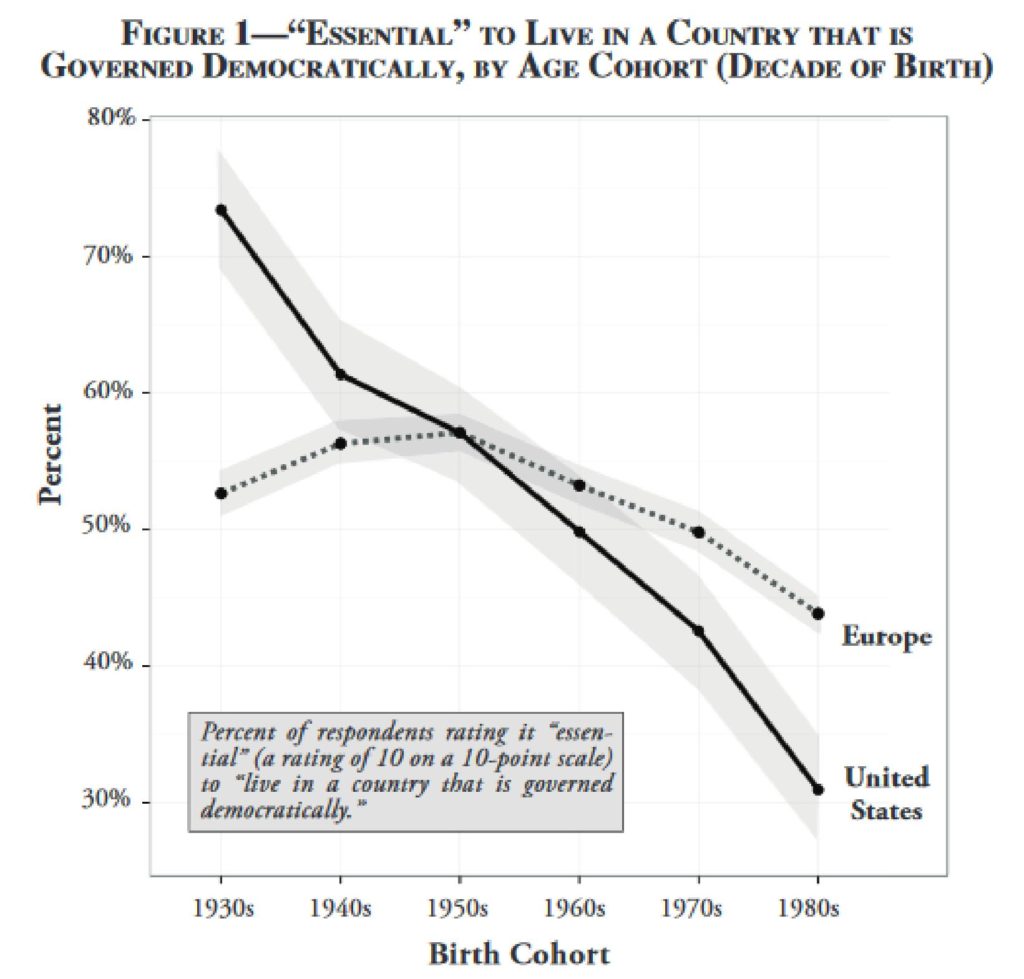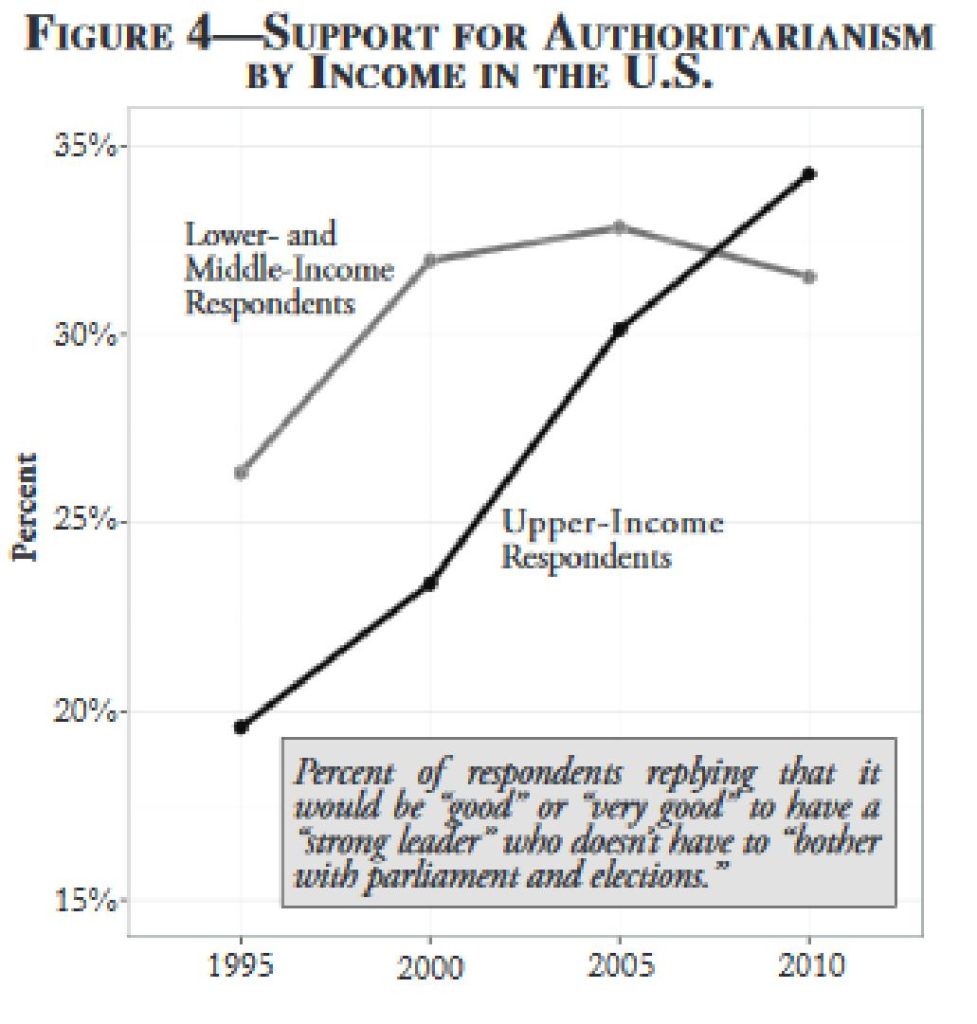2016 is ending on a somber note: We elected Donald Trump. We have confirmed his modus operandi, his lack of tweeting impulse control. We’ve seen his appointments to senior positions.
2017 will be an abrupt shift from the policies and guiding principles of the post-Reagan era. This will be true for the social safety net, tax policy, and several other primarily domestic policies, some which had their genesis in FDR’s New Deal. Then there is the Supreme Court.
It is doubtful that Trump can undo the Iran nuclear deal, but two other international policies will change.
First, America’s nuclear weapons policy: Donald Trump has recently tweeted that the US needs to “greatly strengthen and expand its nuclear capability.” We have had a 50-year period of nuclear arms control with Russia, mostly delivered by Republican presidents. It tamed and then downsized the nuclear arms race. But Trump’s national security appointees and Republicans in Congress now want to throw away their inheritance. They will try their best to bankrupt Moscow again. They will seek to chip away, if not walk away, from the New START and INF treaties. They will try to remove the CTBT from the Senate’s calendar and reduce funding for that Treaty’s global monitoring system.
Trump has shown little interest in intelligence briefings. This is reminiscent of Ronald Reagan’s first term. Recently declassified documents from the Reagan presidency show how slowly Reagan was brought up to speed on national security issues. Reagan took office in 1981, and was not fully up to speed by 1983, preferring to let his national security team handle those details. This is from the National Security Archive: (Emphasis by the Wrongologist)
Sharper understanding at high levels of the grave danger of nuclear war was one consequence of a Defense Department nuclear war game that occurred in mid-1983. In the “Proud Prophet” game…the lead players were JCS Chairman John W. Vessey and Secretary of Defense Caspar W. Weinberger… during the game Vessey and Weinberger followed standard policies constructed for crises; as a U.S.-Soviet conflict escalated, their actions initiated a major nuclear war. “The result was a catastrophe” in which “a half billion human beings were killed in the initial exchanges and at least that many more would have died from radiation and starvation.”…Proud Prophet had a chastening and moderating impact on the Reagan administration’s rhetoric and thinking about nuclear war….but…The Proud Prophet report remains massively excised and it is unknown even if or when Weinberger briefed Reagan on it.
(h/t Booman)
This history shows that the (unelected) national security apparatus thinks it prudent to keep newly elected presidents in the dark for a long time after they are elected. In the case of Harry Truman, he didn’t even know we had nuclear weapons until he was asked for permission to use them!
Our only hope with nuclear is that Trump seems to want to forge a working alliance with Russia. We know that a renewed nuclear arms race is not in either country’s interest. It’s possible that Trump will surprise us by doing deals with Vladimir Putin, who cannot afford an arms race.
Second, is Israel’s out-of-proportion reaction to the UN Security Council’s Resolution 2334, which passed with the US abstaining, rather than exercising its veto. The resolution condemns Israel’s construction of settlements within the occupied Palestinian territories. Benjamin Netanyahu didn’t take the Resolution well. He vowed revenge on everyone, except Trump. Netanyahu said that Israel will “re-evaluate diplomatic relations” with all 14 countries who voted yes, including permanent Security Council members Russia, the UK, China and France. “Re-evaluation” will have no meaning to them, but for the other nine, who knows? Bibi singled out Senegal and halted Israeli aid. He recalled Israeli ambassadors from some of the countries that voted for the resolution, called for re-evaluation of Israel’s relationship with the UN, including its funding commitment.
Republicans, emboldened by their love of Israel, have made threats to defund the UN, something we haven’t heard since John Bolton was relevant.
Almost certainly, Netanyahu’s strategy is to exploit the UN vote to convince Trump and his team that Israel needs to be compensated in some way for what the UN, and especially the US, has done.
More compensation. How Republican of them. America has given Israel $124 billion in aid, and Obama just authorized another $38 billion over the next ten years.
It’s time to cut Netanyahu adrift. What we have here is a US client state that thinks it’s in charge. The question is how bad do Israel’s policies have to be before it provokes some sort of reassessment by Congress? Or is everything to be swept under the rug of “existential necessity”?
The Trump and the I-love-Israel-more than-life-itself crowd in Congress are on track to do severe damage to the UN and to our ME strategy during the next four years.
Trump’s foreign policy is giving Wrongo the year-end blues.


